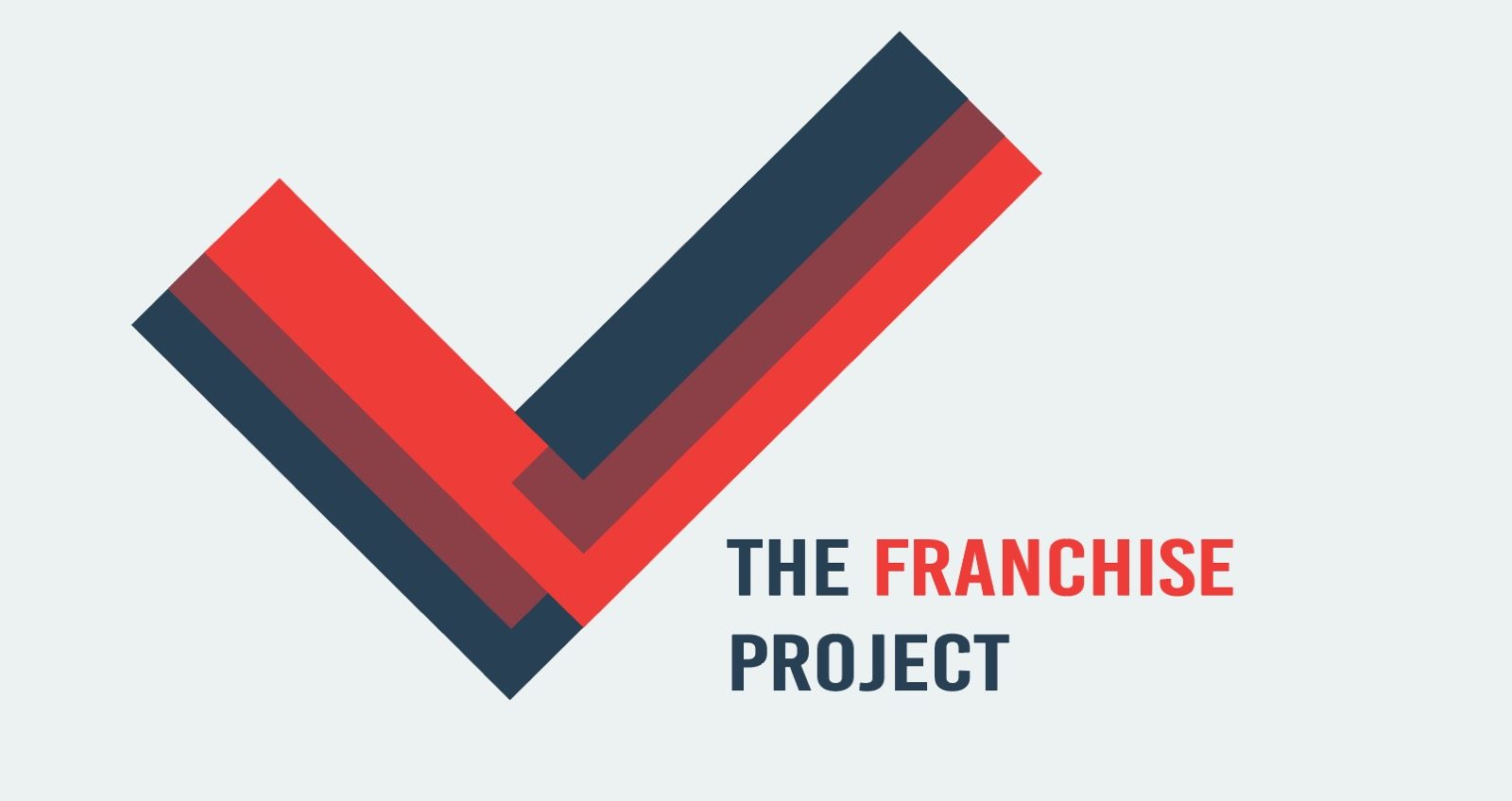Categories - Voter List Maintenance
- 0/4
- 1/4
- 2/4
- 3/4
- 4/4
The following states received 100% in Voter List Maintenance:
Every state* undertakes voter list maintenance, a process by which election officials attempt to keep an accurate list of registered voters. Effective voter list maintenance processes have many benefits. By keeping accurate, up-to-date voter lists, states can save money, because long, inaccurate lists lead to more ballots being printed and more money spent on running elections. Additionally, shorter, more accurate poll lists lead to more efficient Election Day procedures: shorter wait times, fewer provisional ballots cast, and generally more efficient processes. Often, the media pays a great deal of attention to individuals being removed from the voter roles. But this is only one step in the process of maintaining an accurate list of voters, and if done carefully, removing ineligible individuals from the voter rolls can help make voting easier. In fact, federal law requires that state and local election officials to remove the names of people who die, move, or otherwise become ineligible to vote. But it’s important that elections officials do this work carefully, and, federal law prohibits states from canceling a voter’s registration solely because they didn’t cast a ballot. States aim to keep accurate lists in many different ways. Some states encourage eligible voters to register to vote through media campaigns and mailed notifications. States also often ask eligible voters to update or cancel their registration, as appropriate, when they move within the state or to another state. To accomplish this, many states use information from the United States Postal Service to help determine who may need to be removed from the voter rolls because no longer be eligible to vote at that address. Further, many states make it easy for voters to confirm or update their registration information by sending a notice to registrants asking for address confirmation; if the registrant has not relocated, they can simply return a postage-paid form and remain registered. This provides an easy way for still-active voters to ensure they remain on the polls. While up-to-date lists are important, some voter list maintenance practices actually disenfranchise voters by removing too many eligible voters from the voter rolls. For example, the Interstate Voter Registration Crosscheck Program (“Interstate Crosscheck”), a program run by the Kansas Secretary of State Kris Kobach, aims to identify and remove voters registered in multiple states. Interstate Crosscheck supposedly matches first, middle and last name, plus birth date, and provides the last four digits of a Social Security number for additional verification. But according to a recent Rolling Stone investigation, several states have dropped out of the program citing problems with the methodology and unreliable data. Interstate Crosscheck has also been criticized for, at best, disproportionately affecting young minority voters and, at worst, racial targeting. In Virginia alone, according to Rolling Stone, Interstate Crosscheck swept 41,000 voters off the rolls, many for apparently erroneous reasons. In addition to Kobach's work on Interstate Crosscheck, he is also a part of Donald Trump's Presidential Advisory Commission on Election Integrity. The commission’s unstated goal is to uncover “evidence” for Trump’s claim that three million people voted illegally in 2016. As part of this commission, in late June, Kobach sent a letter to the Secretaries of State in all 50 states and the District of Columbia, asking them to compile and send extensive data on their voters. He requested not just names and addresses, but also other deeply personal information, like dates of birth, social security numbers, political party affiliation, and every election voted in dating back to 2006. (For states with partisan primaries, voting history would also include whether you voted in the Democratic primary or the Republican primary.) The request also promised to make any data provided available to the public. Kobach’s request reveals his true intent: to find illegitimate voters and remove them from the rolls. But, as seen from his efforts in Kansas, this system, frankly, doesn’t work. A national Interstate Crosscheck would be incredibly expensive and unlikely to produce accurate results. In addition, Kobach has not articulated a clear purpose for collecting so much data. With the scope of this request, Kobach is putting voters’ deeply personal data and privacy at risk. Why should we trust a commission that, within just two months of existence, has already failed to safeguard voter privacy by posting sensitive personal information, including names, addresses, and phone numbers? Unlike Interstate Crosscheck, ERIC, another voter list maintenance program, improves voter registration by providing information for member states to contact potentially eligible but unregistered voters with instructions on how to register. ERIC member states contact potential voters at least every two years, ahead of any federal general election. In 2016, ERIC identified over 14 million potential voters in 19 states plus the District of Columbia. ERIC also provides value by identifying out-of-date records found by comparing voter registration data between states, to motor vehicle licensing agency data, and to the Social Security Administration’s master death index list. In 2016, ERIC provided list maintenance data to 12 states plus DC. ERIC identified 476,111 cross-state movers, 1,363,629 in-state movers, 42,882 in-state duplicates, and 37,374 deceased registrants. ERIC is a better system than Interstate Crosscheck because it aims to help unregistered eligible voters to register, rather than looking for ways to remove people from the voter rolls. To determine whether a state’s voter list maintenance practices are unduly burdensome, , the Scorecard includes the following metrics:
- Whether voters who receive notice and request for address confirmation can confirm their address by simply mailing back a pre-addressed and postage-paid form
- Whether the state is an ERIC member
- Whether the state is an Interstate Crosscheck member
- Whether the state has agreed to comply with any part of the Pence-Kobach Commission’s sweeping data request
For full details, please visit our detailed calculation spreadsheet.
See an error? Submit a correction here.
